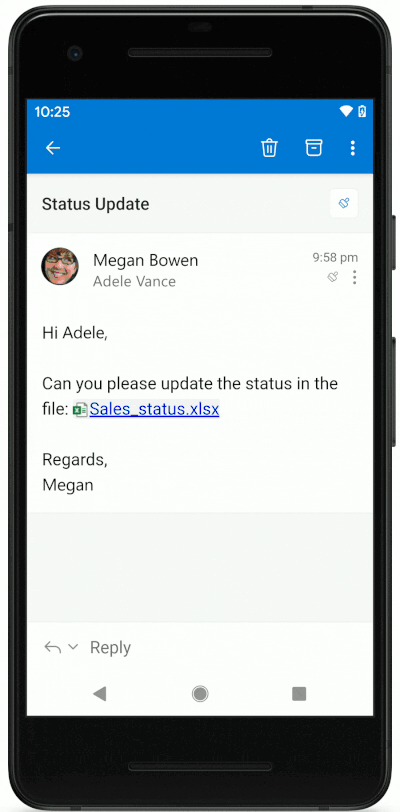Vodafone and the owner of Three UK have announced their intention to form the largest mobile phone operator in the UK. The companies intend to merge their operations based in the UK, resulting in a combined customer base of approximately 27 million.
However, the deal is still pending approval from regulators, and the Competition and Markets Authority will assess the advantages and disadvantages for consumers.
There is widespread expectation that the two companies would pool their available resources, with Three and Vodafone customers benefitting from wider coverage, particularly 5G availability.
With approval pending, both Vodafone and Three are promoting the idea that the merger helps, rather than reduces, competition – creating a third provider with big enough scale to complete with the UK’s two biggest providers, EE and O2.
The two providers have launched a joint micro-site supporting their bid.
Margherita Della Valle, Vodafone Group Chief Executive, said: “The merger is great for customers, great for the country and great for competition. It’s transformative as it will create a best-in-class – indeed best in Europe – 5G network, offering customers a superior experience.
Canning Fok, Group Co-Managing Director of CK Hutchison said: “Together, we will have the scale needed to deliver a best-in-class 5G network for the UK, transforming mobile services for our customers and opening up new opportunities for businesses across the length and breadth of the UK.
Upon completion of the Vodafone and Three merger, their combined market share will surpass that of EE and Virgin Media O2. While Virgin Media O2 currently serves around 24 million mobile customers, EE, which is owned by BT Group, has 20 million users. Vodafone and Three UK currently occupy the positions of the third and fourth largest mobile companies in the UK.
Under the terms of the merger, Vodafone will hold a 51% stake in the new company, with CK Hutchison, the owner of Three UK, retaining the remaining share. Vodafone and Three have assured customers that they can expect an enhanced network experience with improved coverage and reliability, without incurring any additional costs from the outset. Furthermore, the companies have committed to investing £11 billion in the development of 5G technology in the UK over the next decade.
Vodafone and CK Hutchison initially confirmed their merger discussions in the UK in October of last year. In May, Vodafone acknowledged the company’s underperformance and announced plans to reduce its workforce by 11,000 employees.



